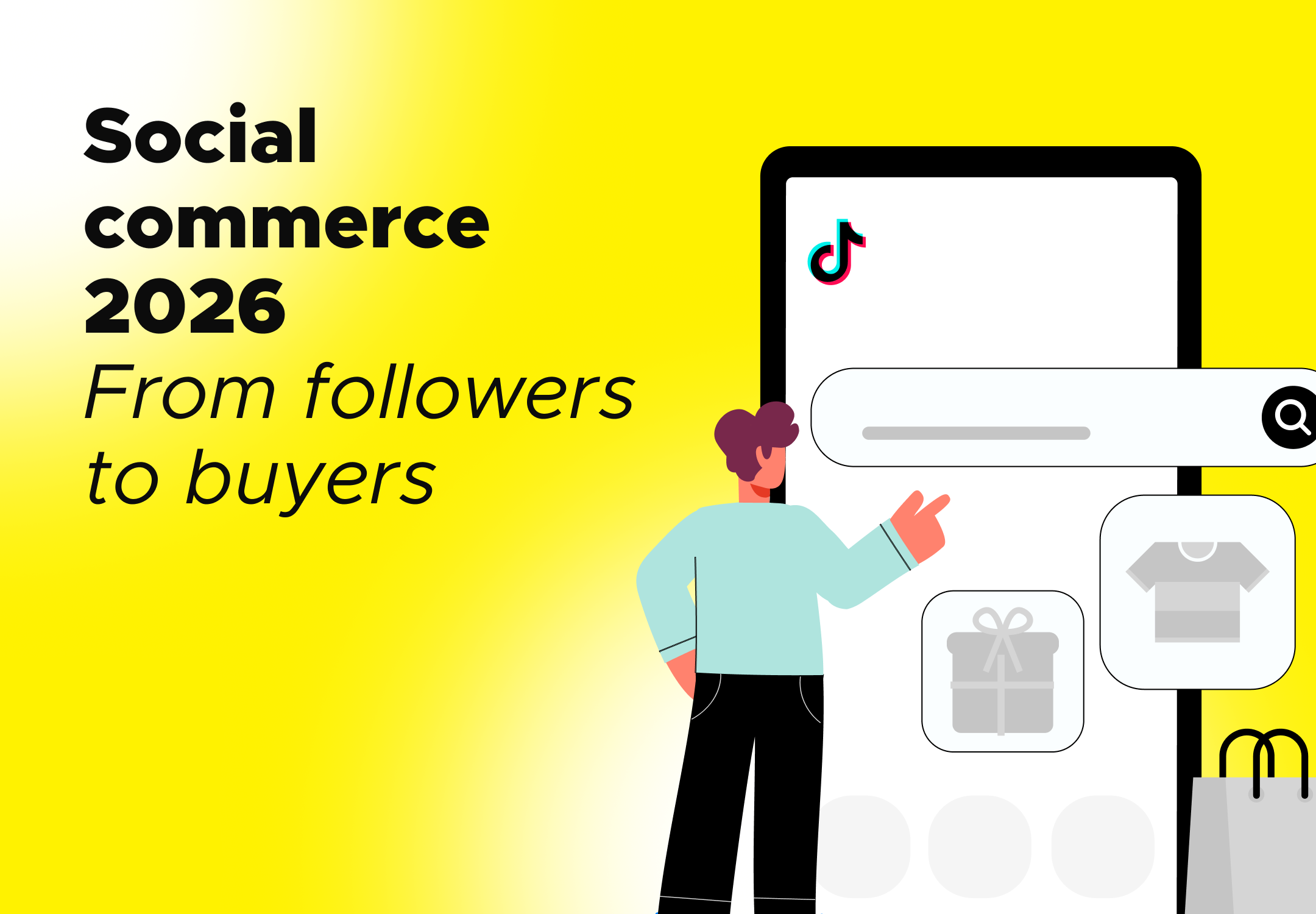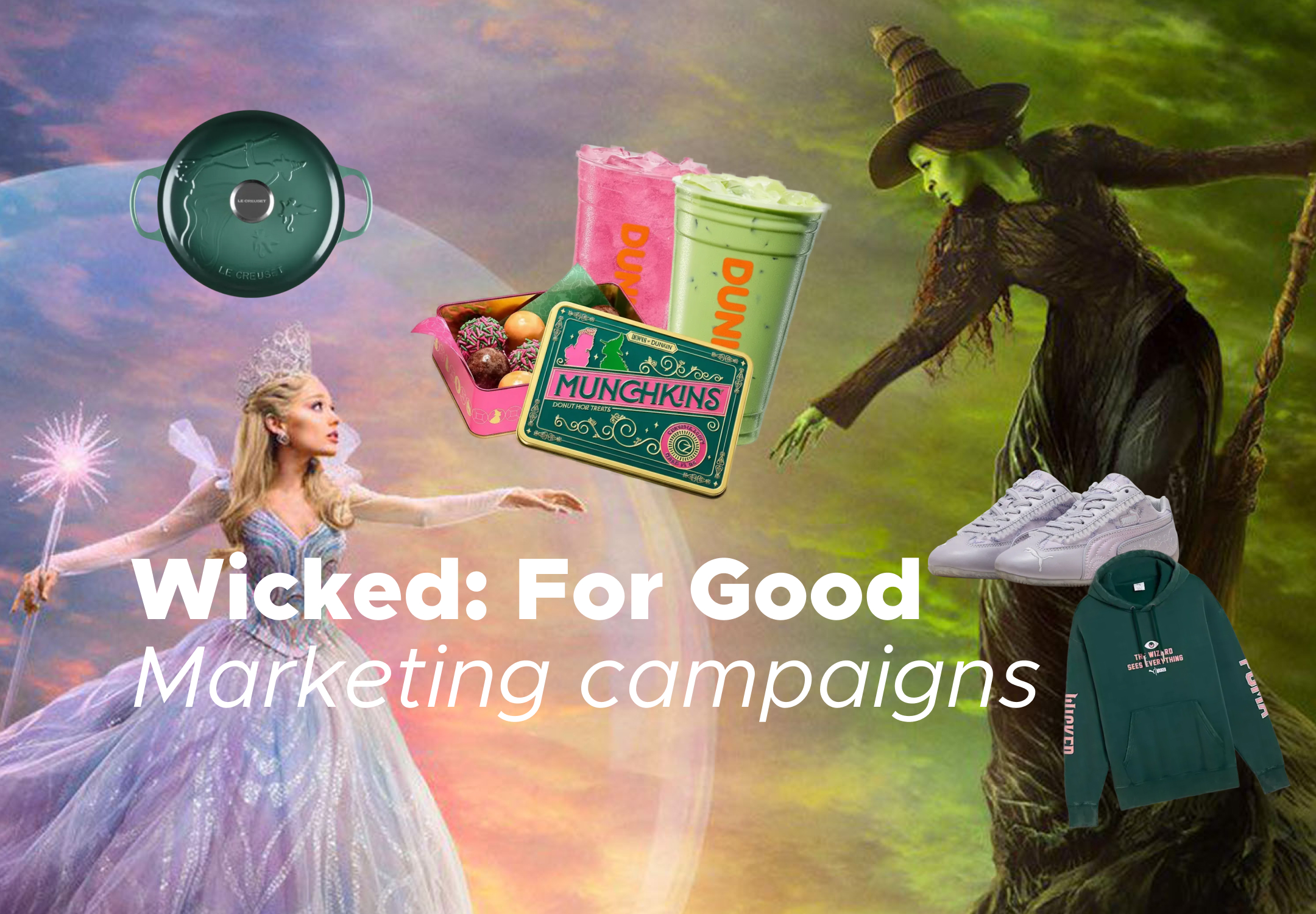The 5 most influential creators of 2025: Year in review
From Instagram's brutally honest influencers to Twitch's community-building streamers, 2025's most influential creators aren't the ones with the biggest follower counts. They're the voices sparking real conversations, building authentic communities, and proving that influence is measured in impact, not sole numbers.
November 27, 2025

The creator economy just hit $250 billion valuation in 2025, fundamentally transforming consumer discovery, content consumption patterns, and celebrity status in the digital age. Today’s most influential creators have redefined marketing strategies, brand partnerships, and audience engagement across every major social media platform.
In 2025, creator marketing success is no longer measured solely by follower count. The most impactful influencer partnerships now prioritize authentic engagement metrics: conversation generation, cultural moment creation, and community building where audiences demonstrate genuine investment.
This comprehensive year-in-review analyzes five creators who defined influencer marketing and creator partnerships in 2025. Each exemplifies how platform-specific dynamics enable distinct forms of creator-driven influence, revealing why brands invested unprecedented resources in strategic collaborations with these digital personalities. From Instagram’s commerce-optimized environment to LinkedIn’s B2B thought leadership ecosystem, these creators demonstrate the evolving landscape of influencer partnerships and the strategic value of creator marketing in driving measurable business outcomes.

1. Alix Earle: Instagram’s vulnerability tactic
With 57% of brand partnerships occurring on Instagram, Earle’s 5 million followers engage through unfiltered authenticity—discussing acne, anxiety medication, and procedure regrets. This “Alix Earle effect” drives product sellouts within 24-72 hours, achieving 7-9% engagement rates and 6-10x return on ad spend. In 2025, she evolved from endorser to equity partner with SipMargs, representing the shift toward creator ownership stakes. Her campaigns generate $45-60 million in Earned Media Value annually, with a single Poppi mention spiking sales 29% in 48 hours.
2. IShowSpeed: TikTok’s entertainment phenomenon
Speed’s 44 million TikTok followers experience unfiltered real-time content across political meetings, soccer games, and fan encounters, breaking 1 million concurrent viewers during his Indonesia trip. His 2025 partnerships with Dick’s Sporting Goods and Prime Hydration demonstrate how brands leverage TikTok’s entertainment-first platform for Gen Z and Gen Alpha. The platform’s duet and stitch features amplify branded content through user-generated extensions, while Speed’s spontaneous style creates organic viral moments that feel discovered rather than advertised.
3. DJ Khaled: Snapchat’s consistency-driven content
Snapchat’s creator economy supports 1 million earning creators and 15 million Snapchat+ subscribers, with 92% of users engaging daily with Chat and Stories. Khaled’s daily motivational content and industry access secured partnerships with Apple and Weight Watchers. Snapchat Stories achieve 65% completion rates with users opening the app 30+ times daily, while branded creator content gets 6.9x more engagement than traditional ads. The platform is 34% more likely to influence purchases than Instagram, with 87% of users open to brand-sponsored content.
4. Kai Cenat: Twitch’s community builder
At 23, Cenat transcends traditional streaming with 80 million followers across platforms. His 2025 Streamer University received 6 million applications, while Mafiathon 3 featured LeBron James. With 100,000+ paid subscribers generating $3.6 million annually, he’s secured partnerships with Nike (first streamer signed), McDonald’s, BAPE, Crocs, and launched TONE skincare at Target. Twitch’s extended streaming format enables organic product integration within entertaining content rather than interruptive advertising.
5. Gary Vaynerchuk: LinkedIn’s B2B thought-leader
With 5.4 million LinkedIn followers, Vaynerchuk represents B2B creator marketing through LinkedIn’s Top Voices program (7,000 creators worldwide). In 2025, LinkedIn’s BrandLink program began sharing ad revenue with creators like Vaynerchuk, allowing brands to sponsor original video content. His VaynerMedia partners with PepsiCo, GE, Mondelez, Chase, Unilever, and Toyota, while LinkedIn research shows 91% of B2B marketers believe video accelerates ROI. His influence drives professional credibility, speaking engagements, and consulting opportunities beyond traditional consumer deals.
What actually makes someone influential in 2025
So what’s the formula? According to industry projections, the creator economy is worth over $250 billion now and should hit $480 billion by 2027. The most successful creators are not putting all their eggs in one basket. Research shows that most top creators are active on at least 3-4 platforms, with 75% using four or more. People want real – studies indicate that 56% of consumers actually want brands to be more relatable on social media, and that goes double for creators.
The money side is pretty straightforward: Brand partnerships make up 70% of how creators earn according to marketing data. The creator marketing sector experienced substantial maturation in 2025, with U.S. brand spending reaching $37 billion – a 26% increase over 2024’s $29.5 billion. This investment acceleration signals creator partnerships’ evolution from emerging tactics to established pillars of integrated marketing strategies, commanding significant portions of digital advertising budgets.
Looking at these five creators, you see the same pattern: They’re not pretending to be perfect of following a formula – instead, they shape it. They show up as themselves, building real connections, and treating their communities like they actually matter. Because they do.
The creator economy isn’t about kids going viral anymore. It’s about smart, strategic people building actual businesses that compete with traditional media companies. And our take? It’s more interesting.
Latest News ☕

Quarter-zips & matchas: How Gen Z men are gaming social codes on TikTok
November 24, 2025
Quarter-zips and matcha lattes are the new uniform for Gen Z guys who realized that swappi...

The 2026 social commerce revolution: Turning followers into customers
November 22, 2025
Social media isn't just where people scroll anymore - it's where they shop. In 2026, the b...

How ‘Wicked: For Good’ transformed brand collaboration
November 20, 2025
Universal Pictures' Wicked franchise didn't just break box office records globally - it re...


